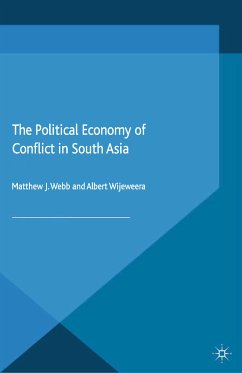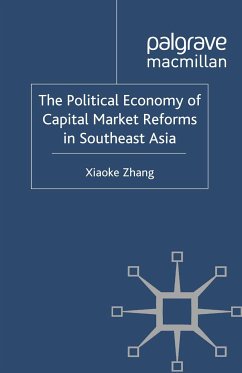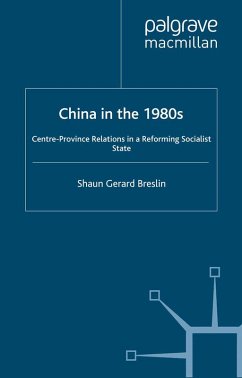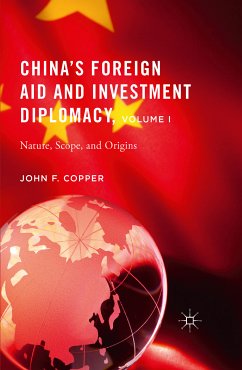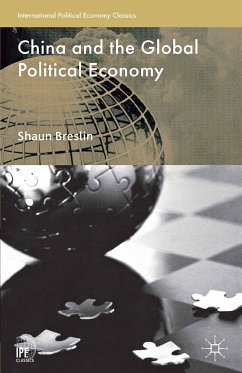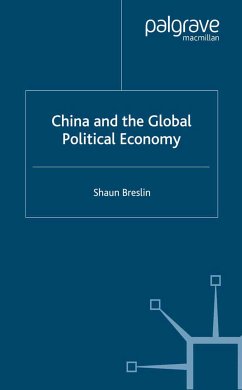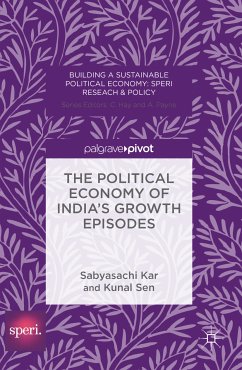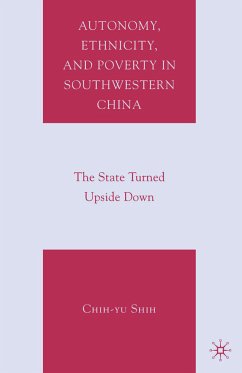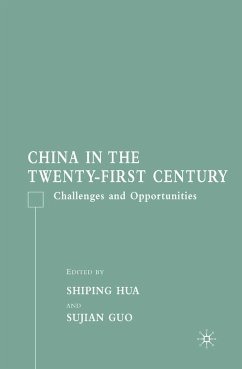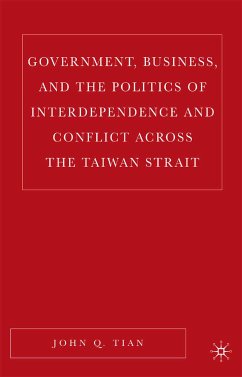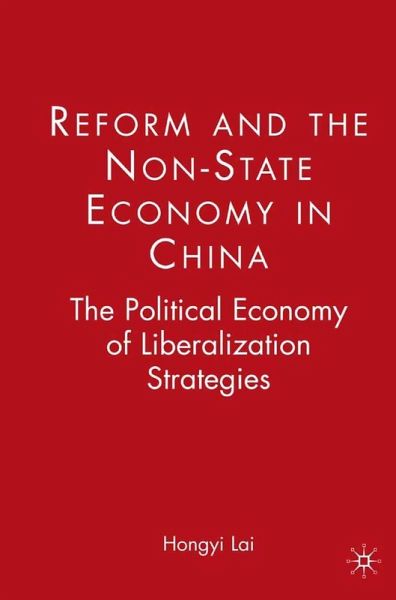
Reform and the Non-State Economy in China (eBook, PDF)
The Political Economy of Liberalization Strategies
Versandkostenfrei!
Sofort per Download lieferbar
40,95 €
inkl. MwSt.
Weitere Ausgaben:

PAYBACK Punkte
20 °P sammeln!
Built on rich data analyses, this book offers a fresh and in-depth explanation of how China's pro-reform leaders successfully launched controversial policies to promote private and foreign economic sectors, managed leadership conflict, and ensured reform in the provinces and rapid growth in the nation.
Dieser Download kann aus rechtlichen Gründen nur mit Rechnungsadresse in A, B, BG, CY, CZ, D, DK, EW, E, FIN, F, GR, HR, H, IRL, I, LT, L, LR, M, NL, PL, P, R, S, SLO, SK ausgeliefert werden.



